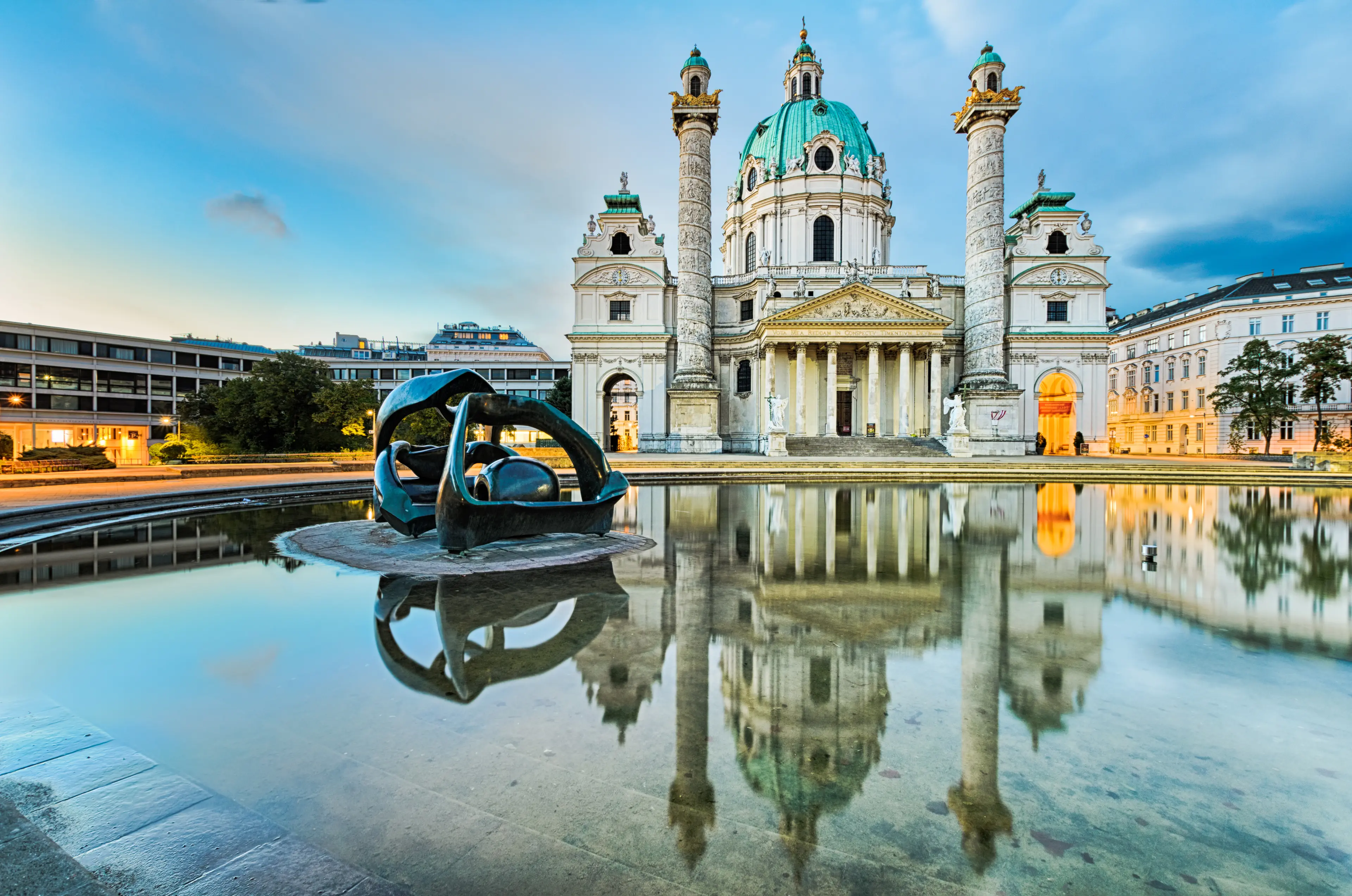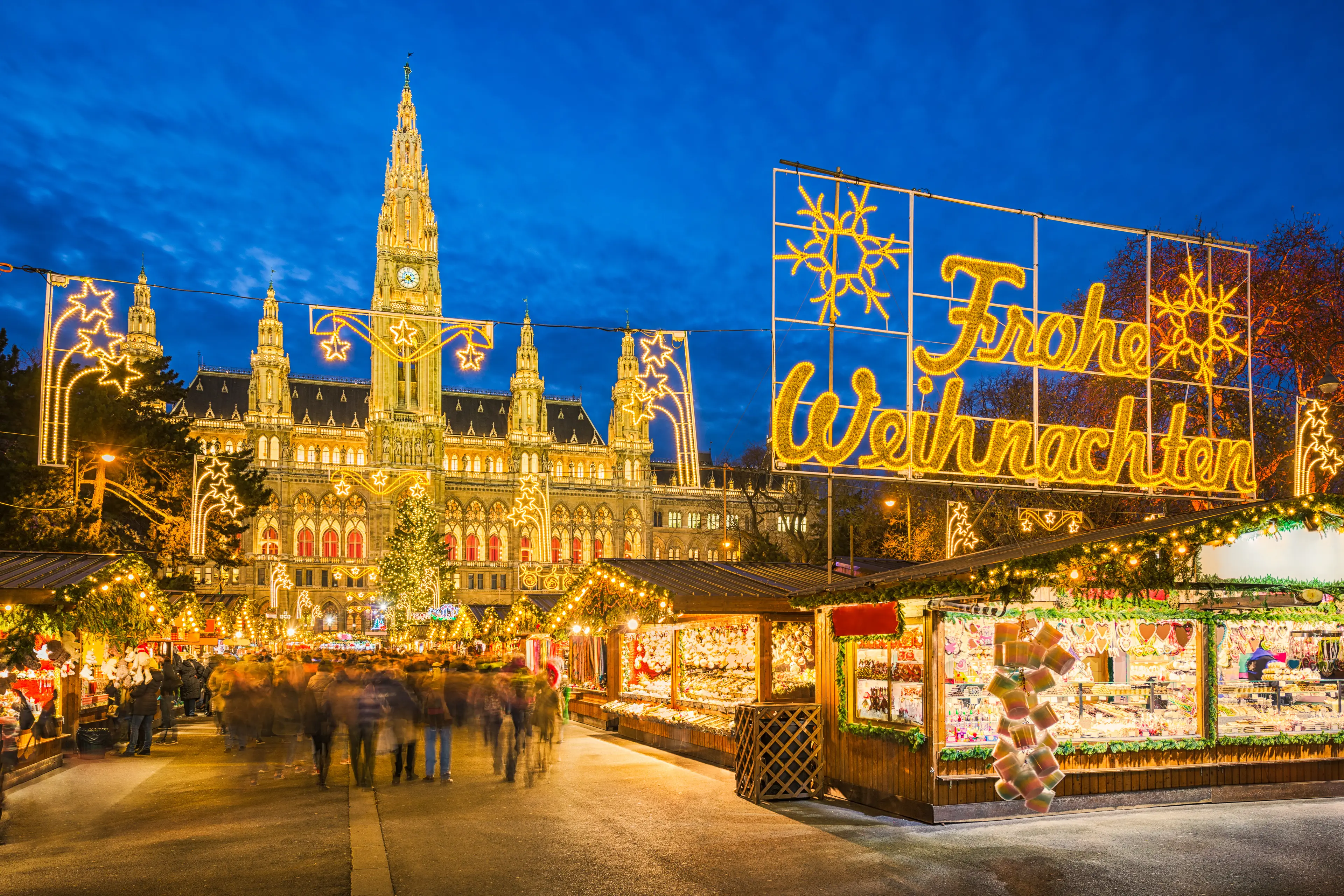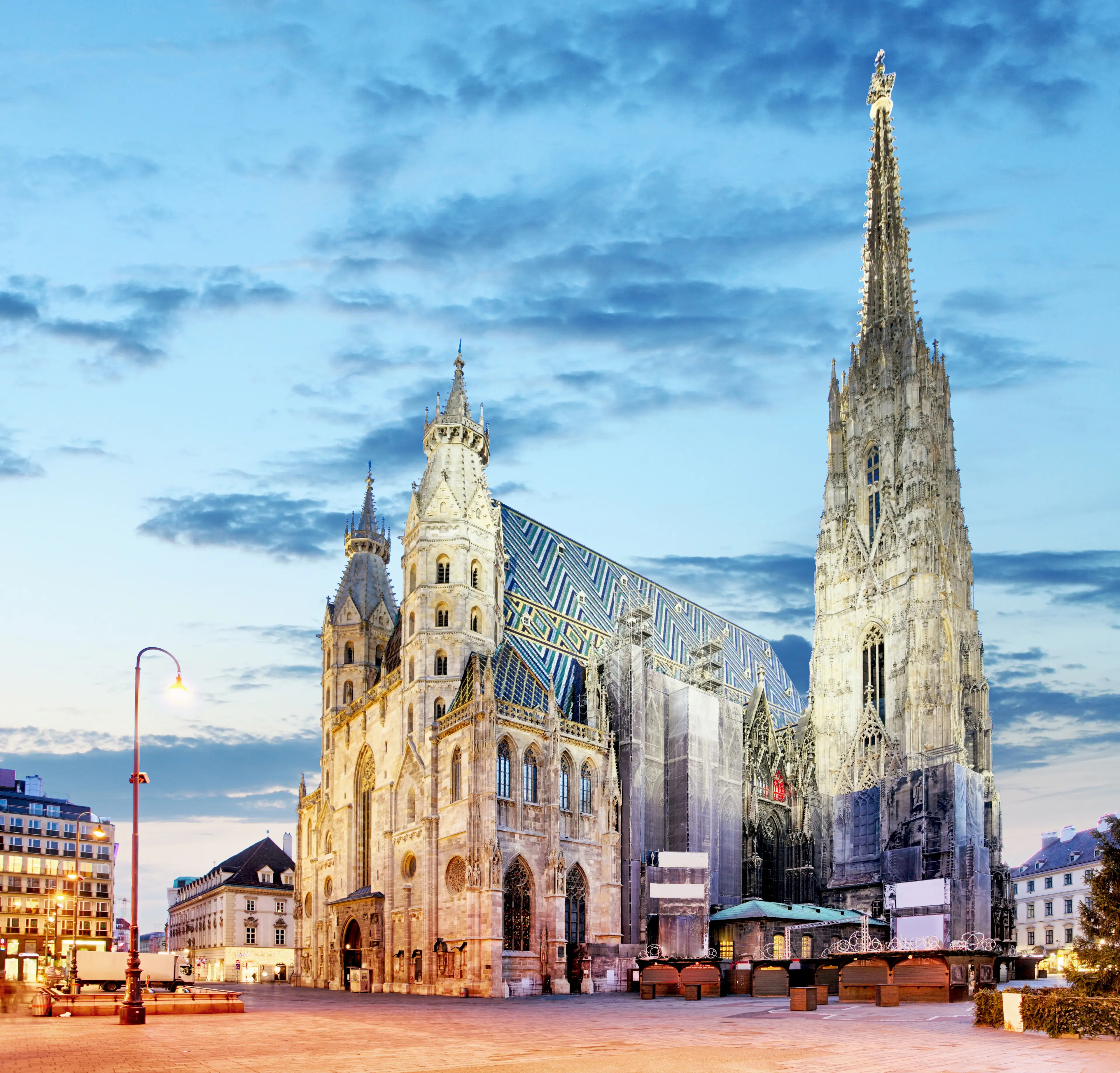2-Day Family Adventure and Shopping in Hidden Vienna
Vienna, Austria
2 days
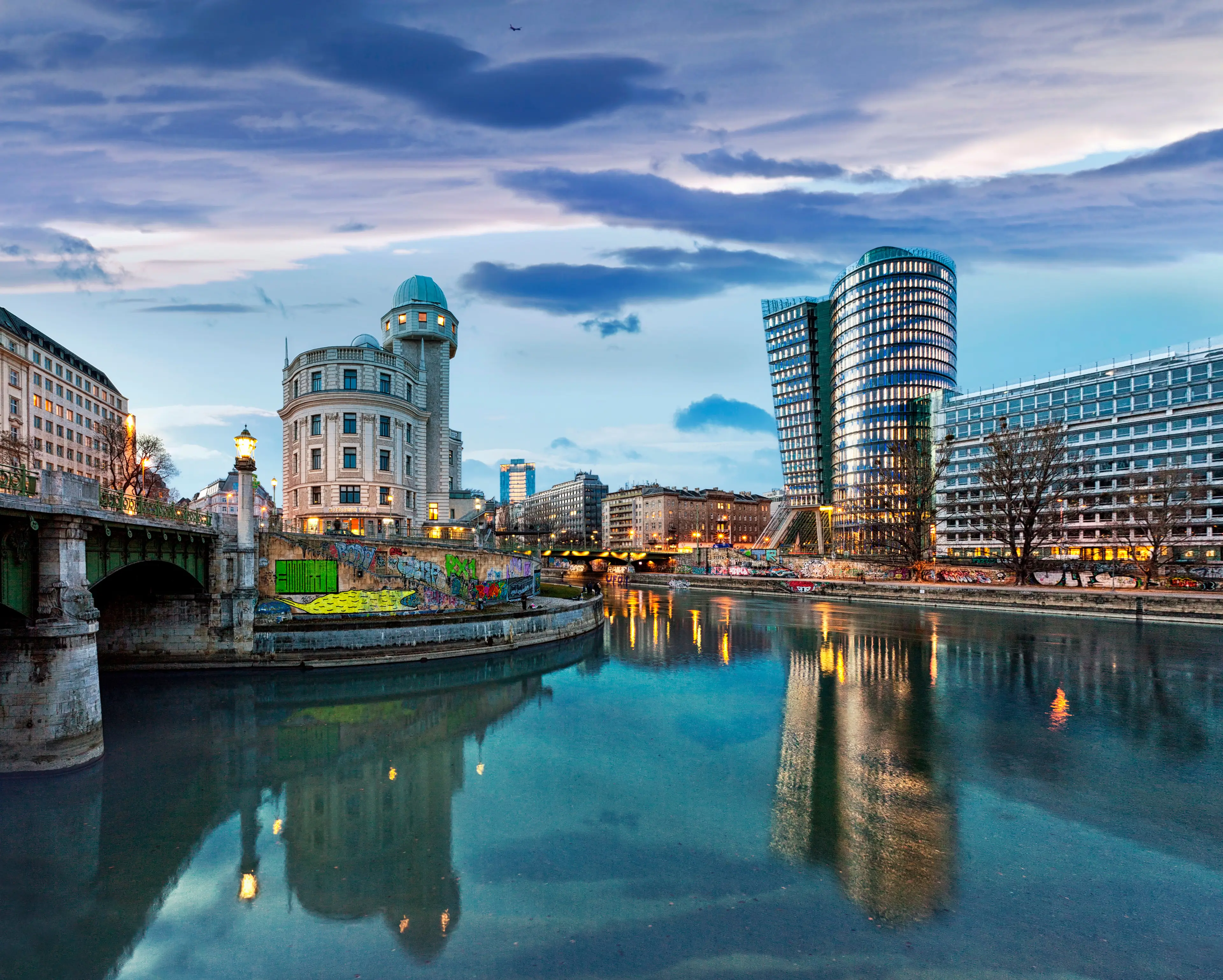
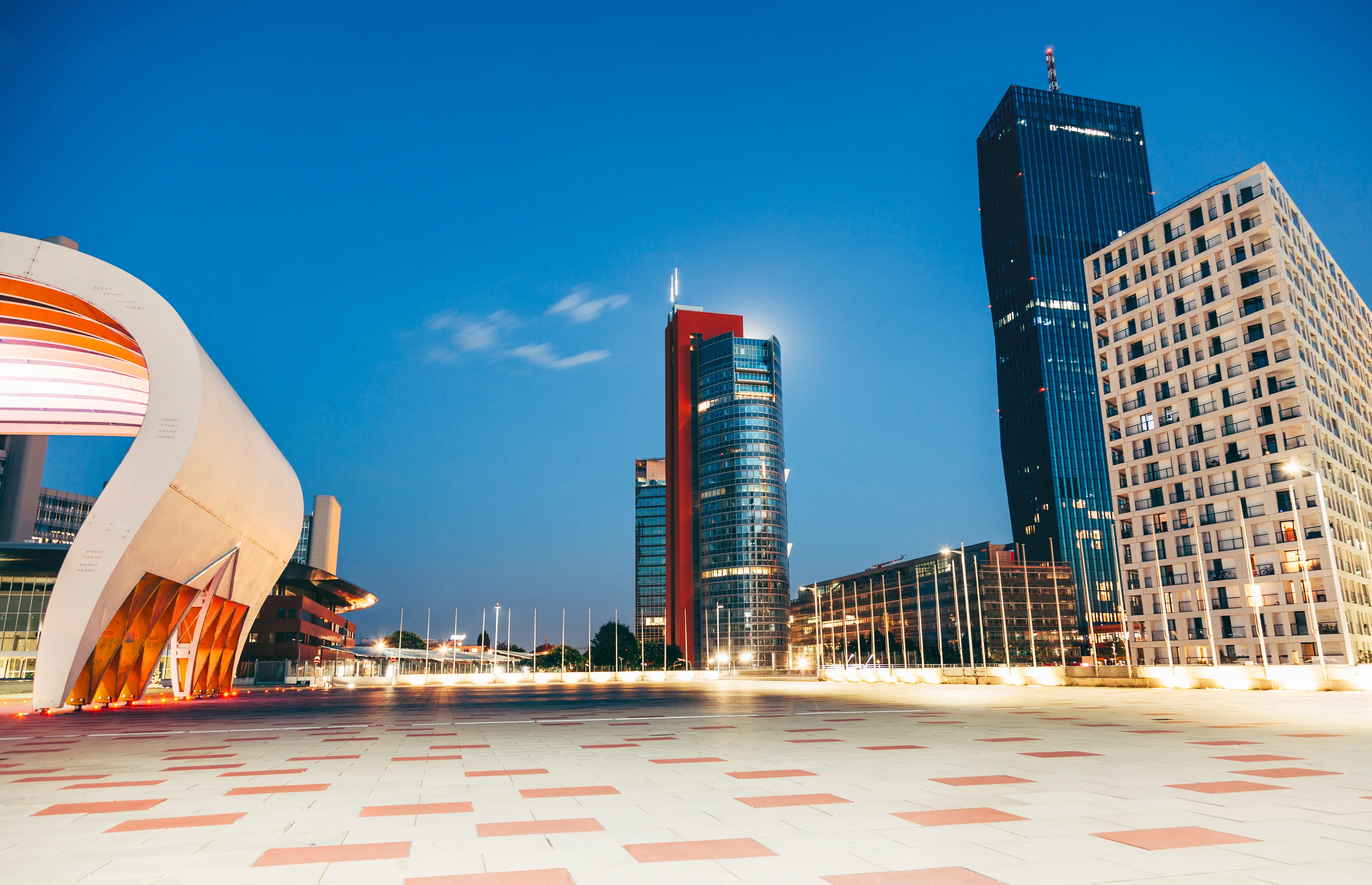
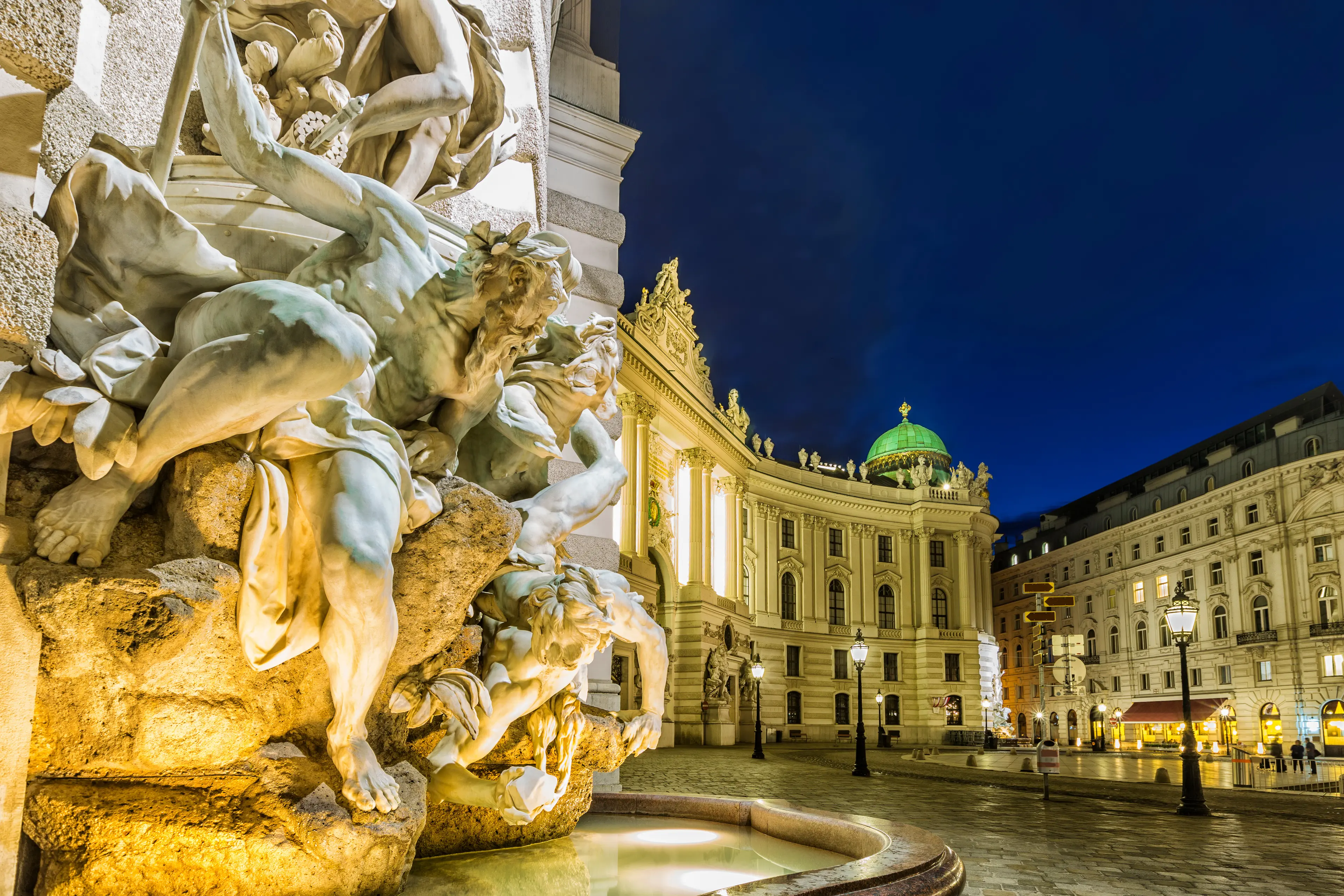
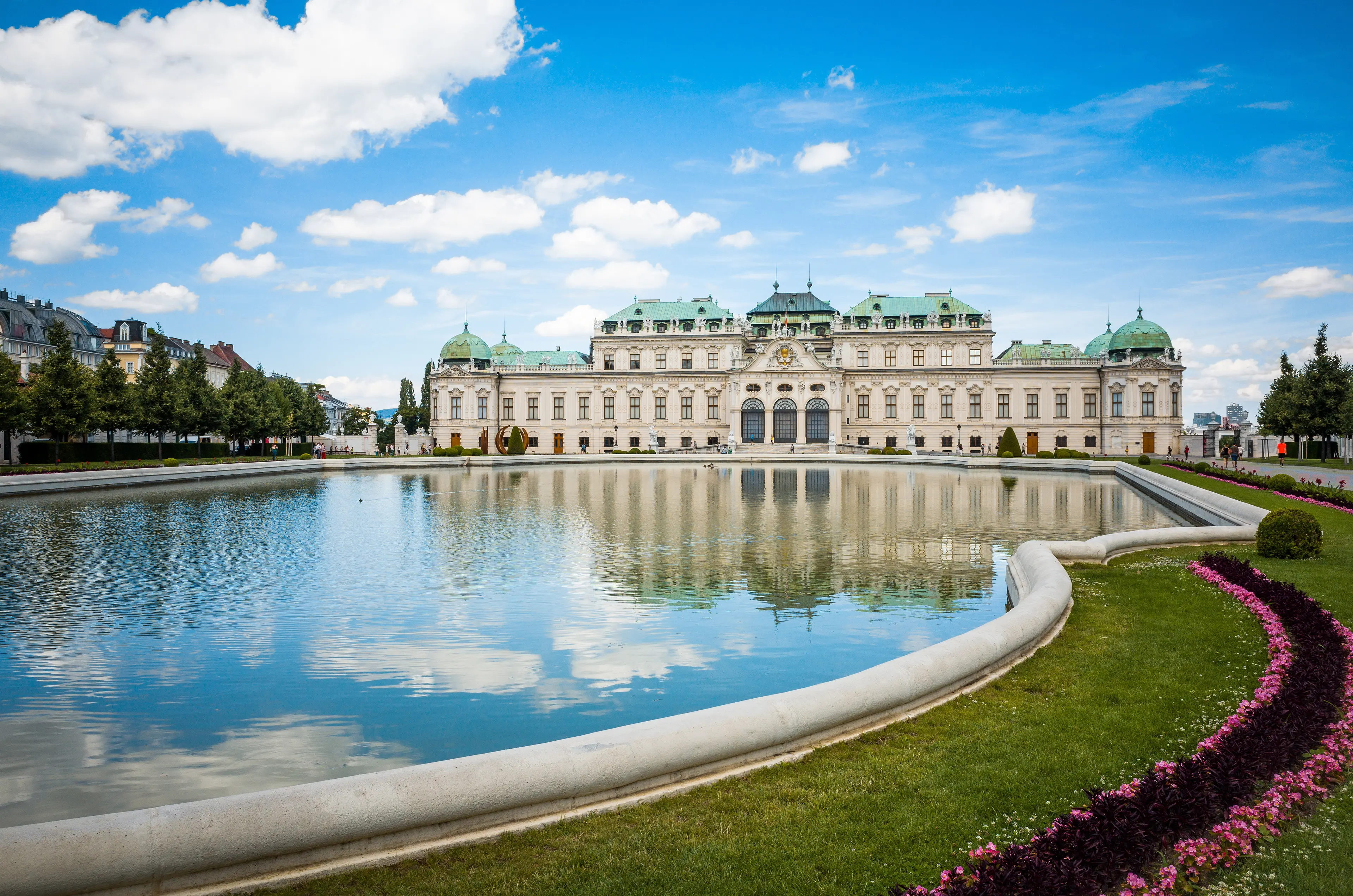
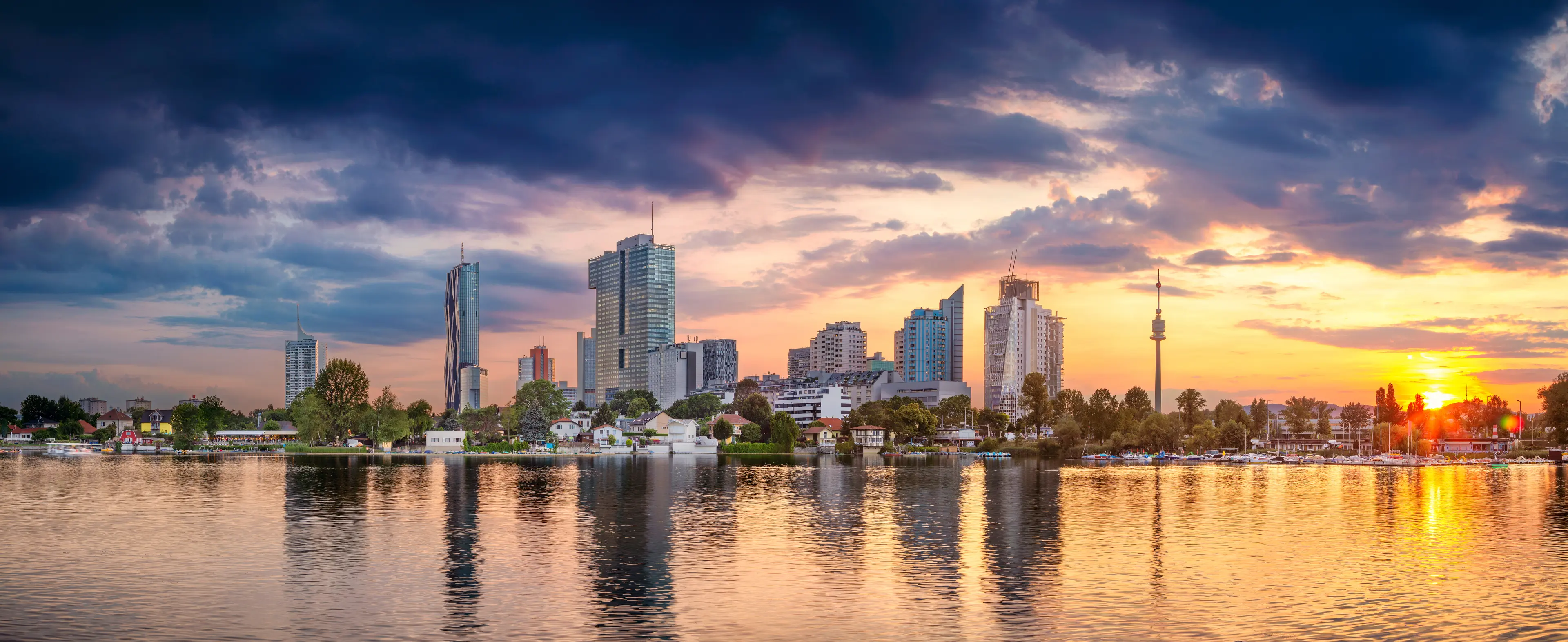
About Vienna, Austria
Experience the grandeur of Vienna, Austria's capital, renowned for its cultural and historical richness. Marvel at the imperial palaces of Schönbrunn and Hofburg, or immerse yourself in the world of classical music at the Vienna State Opera. Explore the city's artistic side at the Museum of Fine Arts and the Belvedere Palace, housing works by Klimt and Schiele. Stroll through the charming streets of the Old Town, a UNESCO World Heritage site, and enjoy traditional Viennese coffee houses and wine taverns. Don't miss the iconic St. Stephen's Cathedral and the vibrant Naschmarkt. Vienna seamlessly blends its regal past with a dynamic, modern lifestyle, making it a must-visit European destination.
2-Day Itinerary
Day 2
Outdoor Activities at Prater and Augarten
Morning
Start your second day with a visit to the Prater, a large public park in Vienna. It's home to the Giant Ferris Wheel and offers various outdoor activities for families.
Lunch
Enjoy lunch at a local eatery in the Leopoldstadt district, known for its family-friendly restaurants and cafes.
Afternoon
Spend the afternoon exploring the Augarten, a large Baroque park. It's home to a porcelain manufactory where you can buy unique souvenirs.
Dinner
Have dinner in a cozy restaurant in the Alsergrund district, known for its local and international cuisine.
Evening
End your day with a visit to the Kahlenberg, a hill offering panoramic views of Vienna. It's a perfect spot for a quiet evening walk.
Attractions in Itinerary (6)
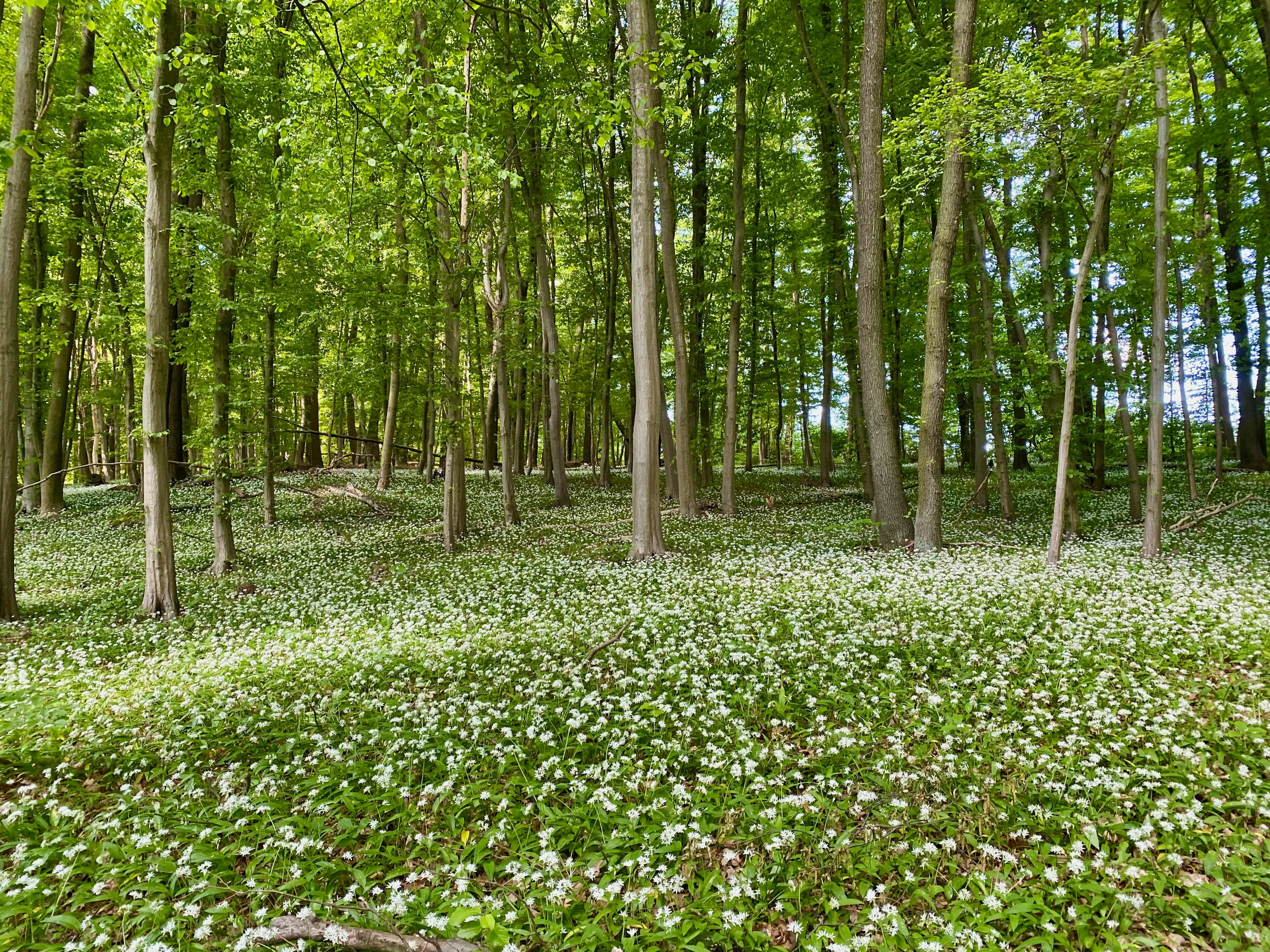
1Vienna Woods
A large forested highland region on the outskirts of Vienna, offering hiking trails and panoramic views.

2Naschmarkt
Vienna's most popular market with a variety of food and drink stalls, and a flea market on Saturdays.

3Danube Canal
A branch of the Danube River that offers boat tours, watersports, and riverside bars and restaurants.

4Prater
A large public park that houses the Wiener Riesenrad Ferris wheel and a theme park.

5Augarten
Augarten is a large public park with a rich history. It is home to the oldest Baroque gardens in Vienna, the Vienna Boys' Choir, and the Augarten Porcelain Manufactory. The park also features WWII-era flak towers.
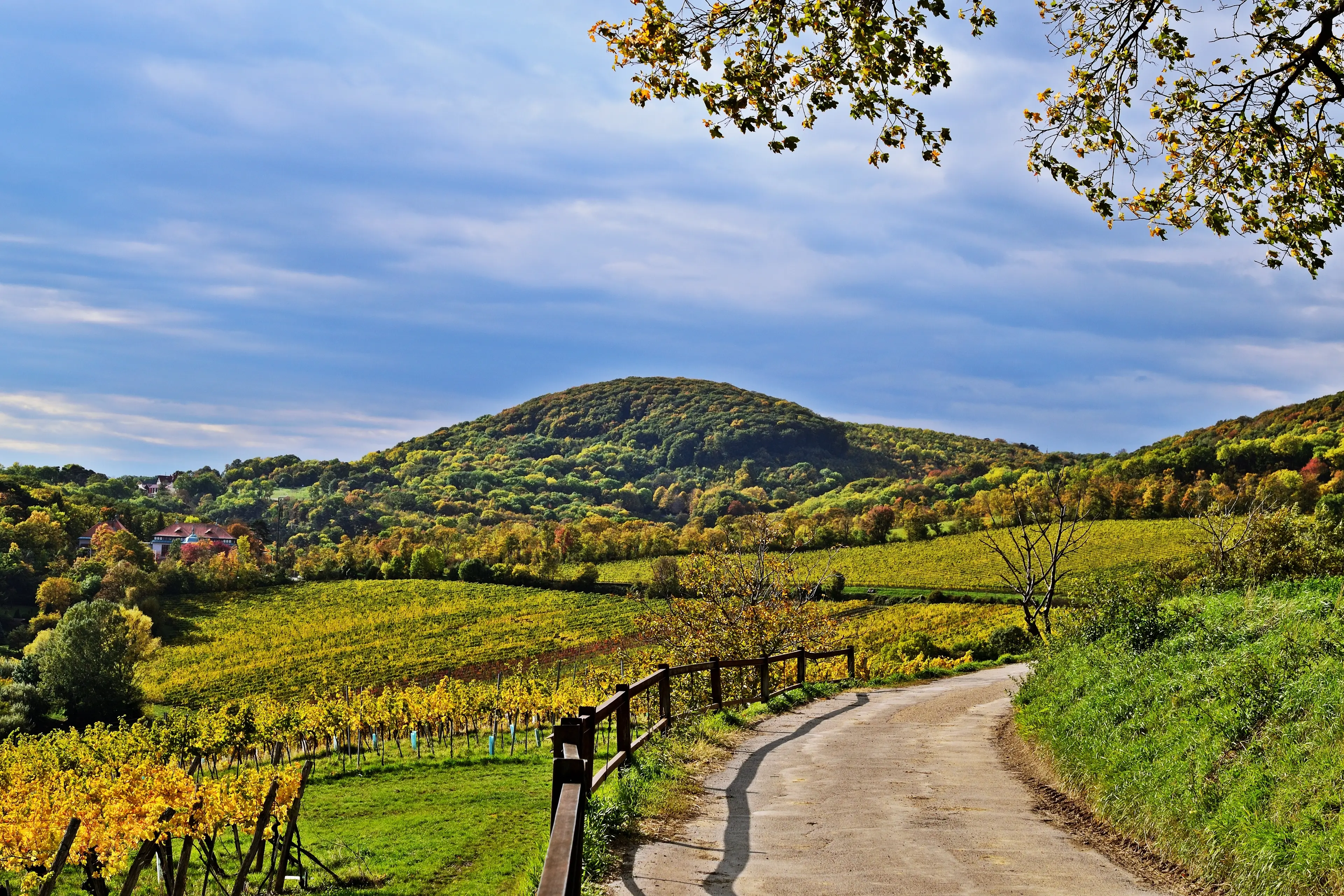
6Kahlenberg
Kahlenberg is a mountain located in the 19th District of Vienna, Dobling. It offers panoramic views of the city and the Danube. The mountain is home to the 12th-century St. Joseph's Church, a popular spot for weddings. There are also several hiking trails and a restaurant at the summit.
Local Food and Drinks (12)

Wiener Schnitzel
A traditional Austrian dish, Wiener Schnitzel is a breaded and pan-fried veal cutlet. It's a must-try food when visiting Vienna.

Sachertorte
This is a famous Viennese chocolate cake with a thin layer of apricot jam, coated in dark chocolate icing. It's a classic dessert in Vienna.

Apfelstrudel
A traditional Viennese dessert, Apfelstrudel is a pastry filled with apples, sugar, cinnamon, and raisins. It's often served with whipped cream.

Tafelspitz
Tafelspitz is a popular Viennese dish, consisting of boiled beef in broth, served with a mix of minced apples and horseradish.

Kaiserschmarrn
This is a sweet pancake-like dish, named after Emperor Franz Joseph I of Austria. It's often served with powdered sugar and apple or plum compote.

Vienna Sausages
These are traditional Austrian sausages, typically served with mustard and fresh bread. They're a popular street food in Vienna.
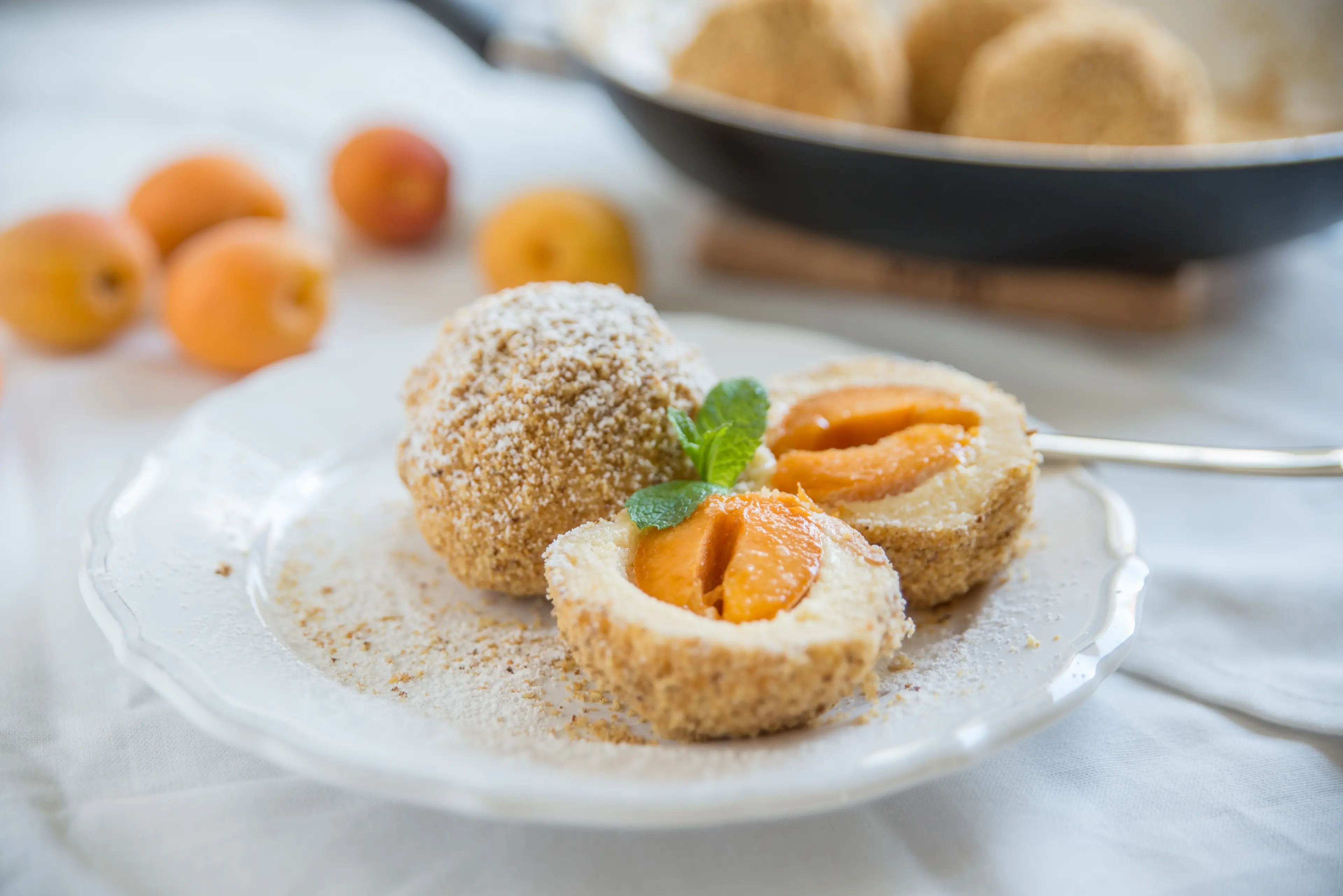
Marillenknödel
Marillenknödel are sweet dumplings filled with apricots, a specialty of Vienna. They're often served dusted with powdered sugar.
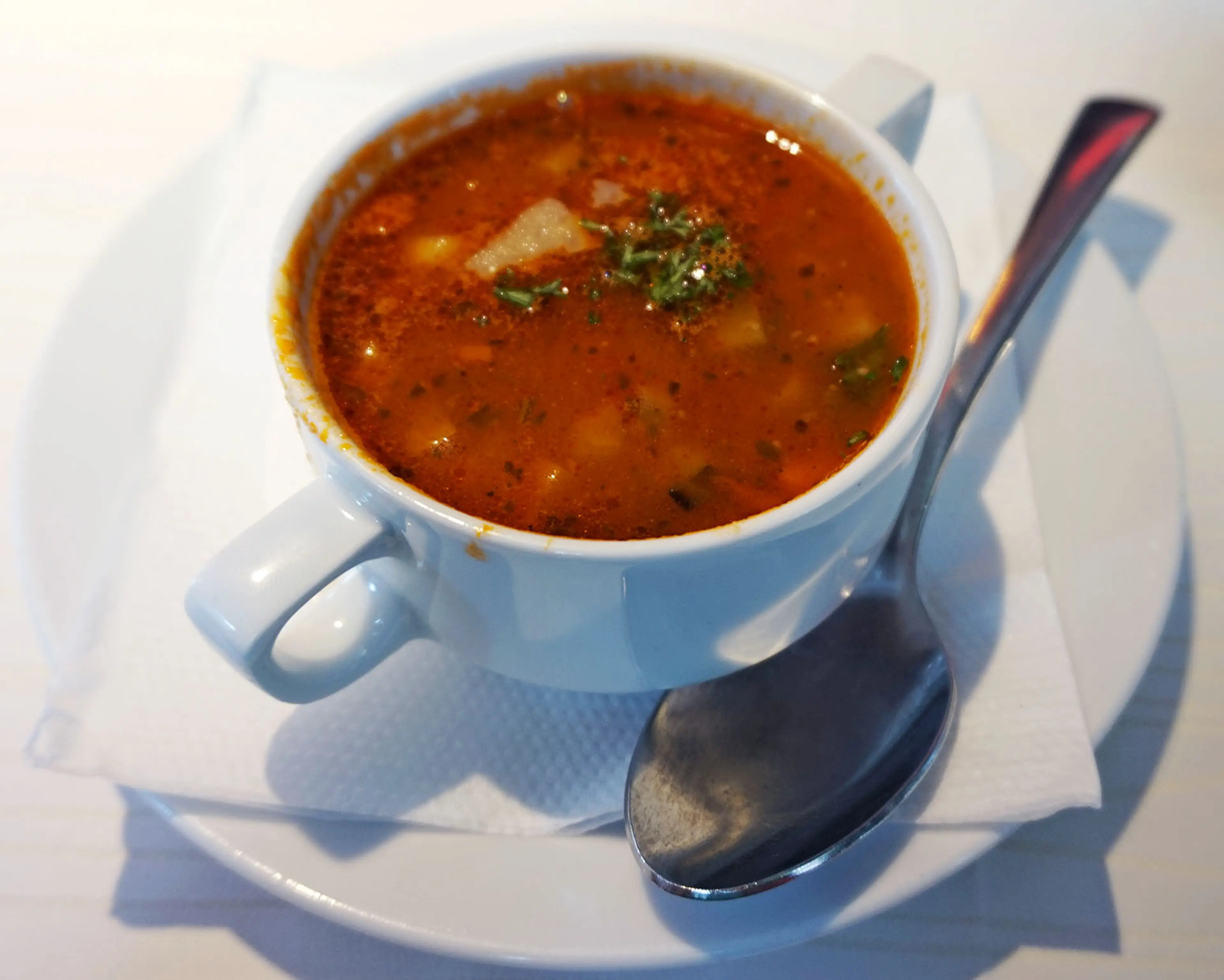
Goulash
Originating from Hungary, Goulash has become a staple in Viennese cuisine. It's a hearty stew made with beef, vegetables, and a generous amount of paprika.
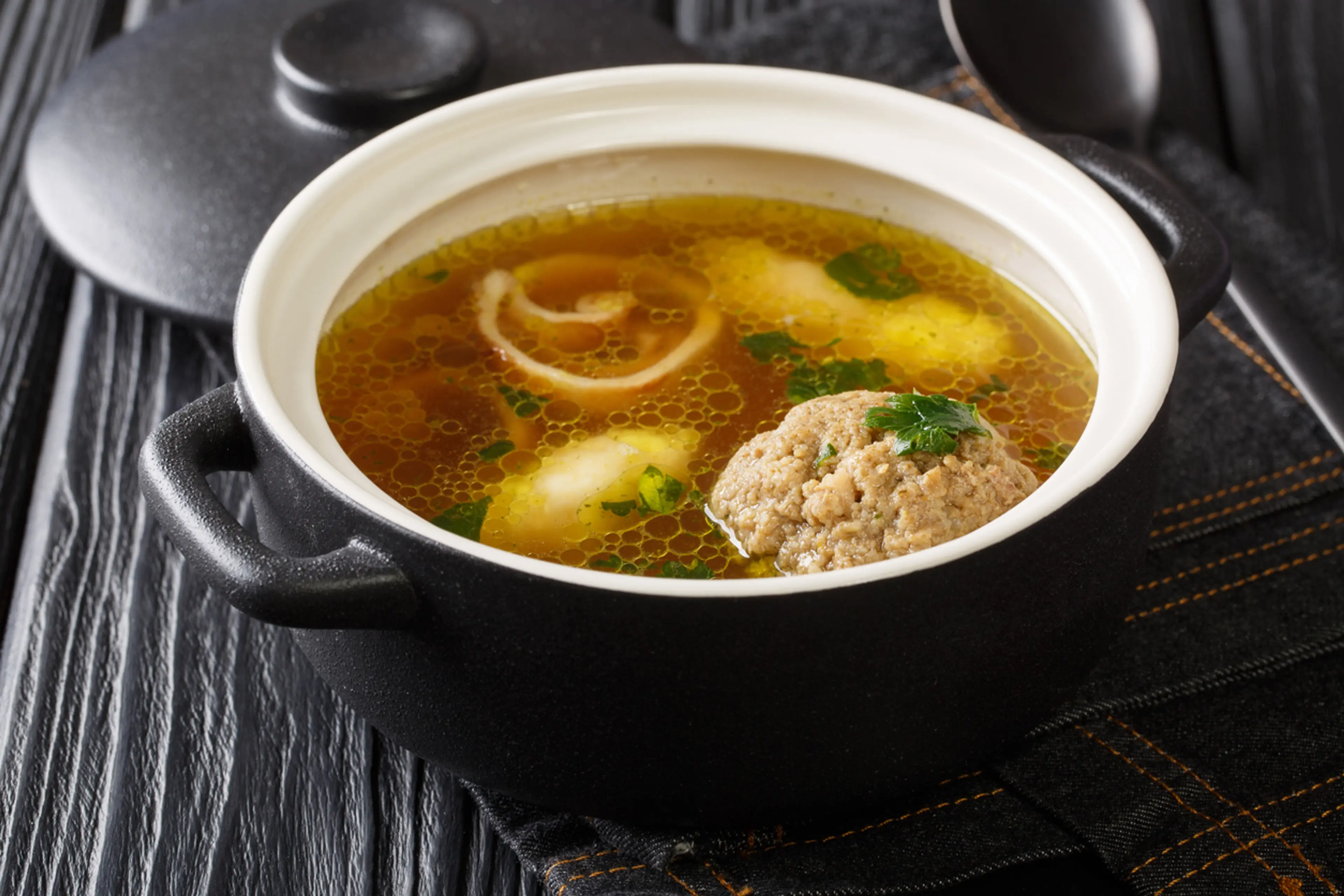
Rindsuppe
Rindsuppe is a traditional Austrian beef soup, often served as a starter in Viennese meals.
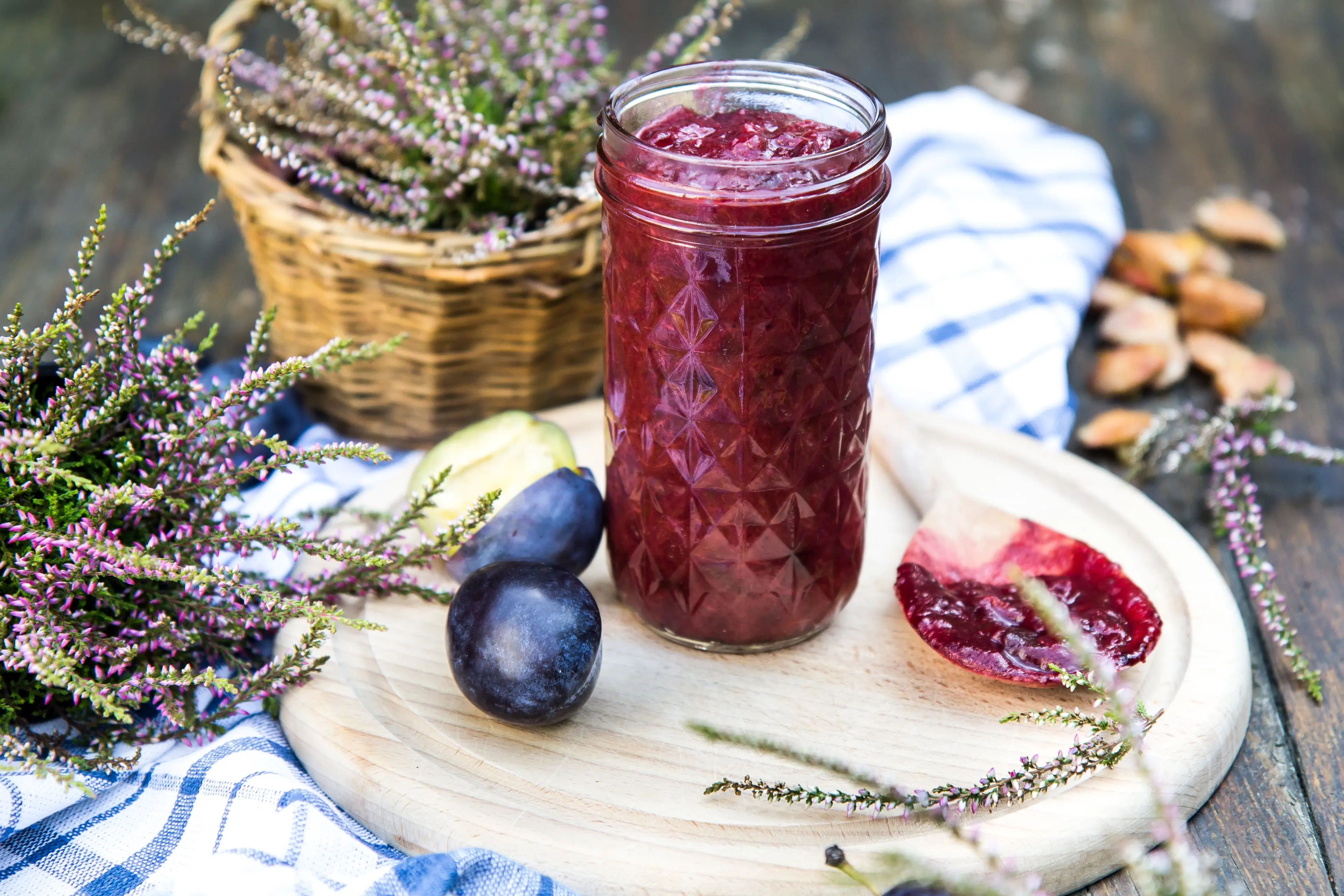
Powidl
This is a thick, sweet spread made from plums. It's a traditional Viennese condiment often used in baking or spread on bread.
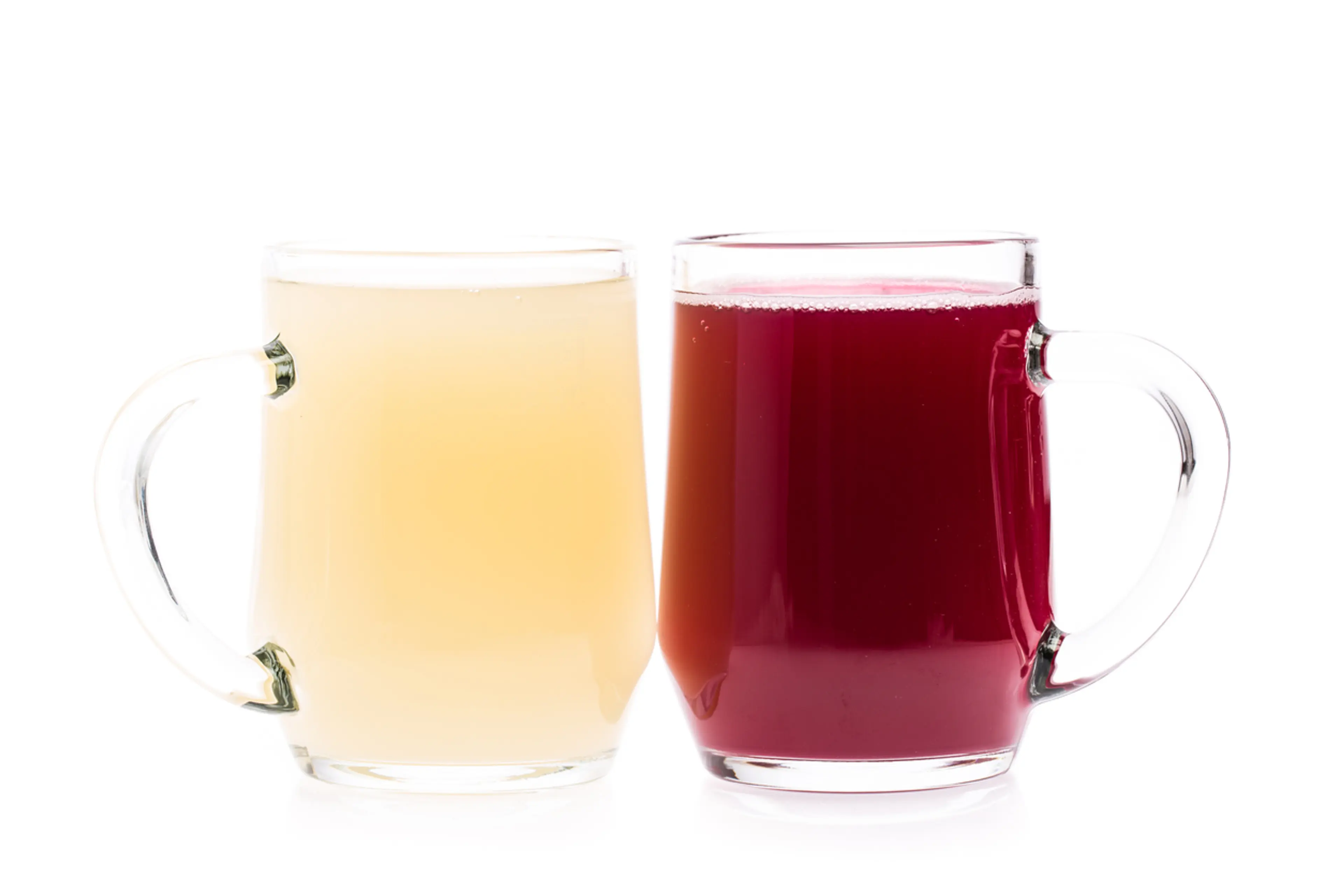
Sturm
Sturm is a seasonal Austrian wine, typically available in autumn. It's a must-try for wine lovers visiting Vienna.
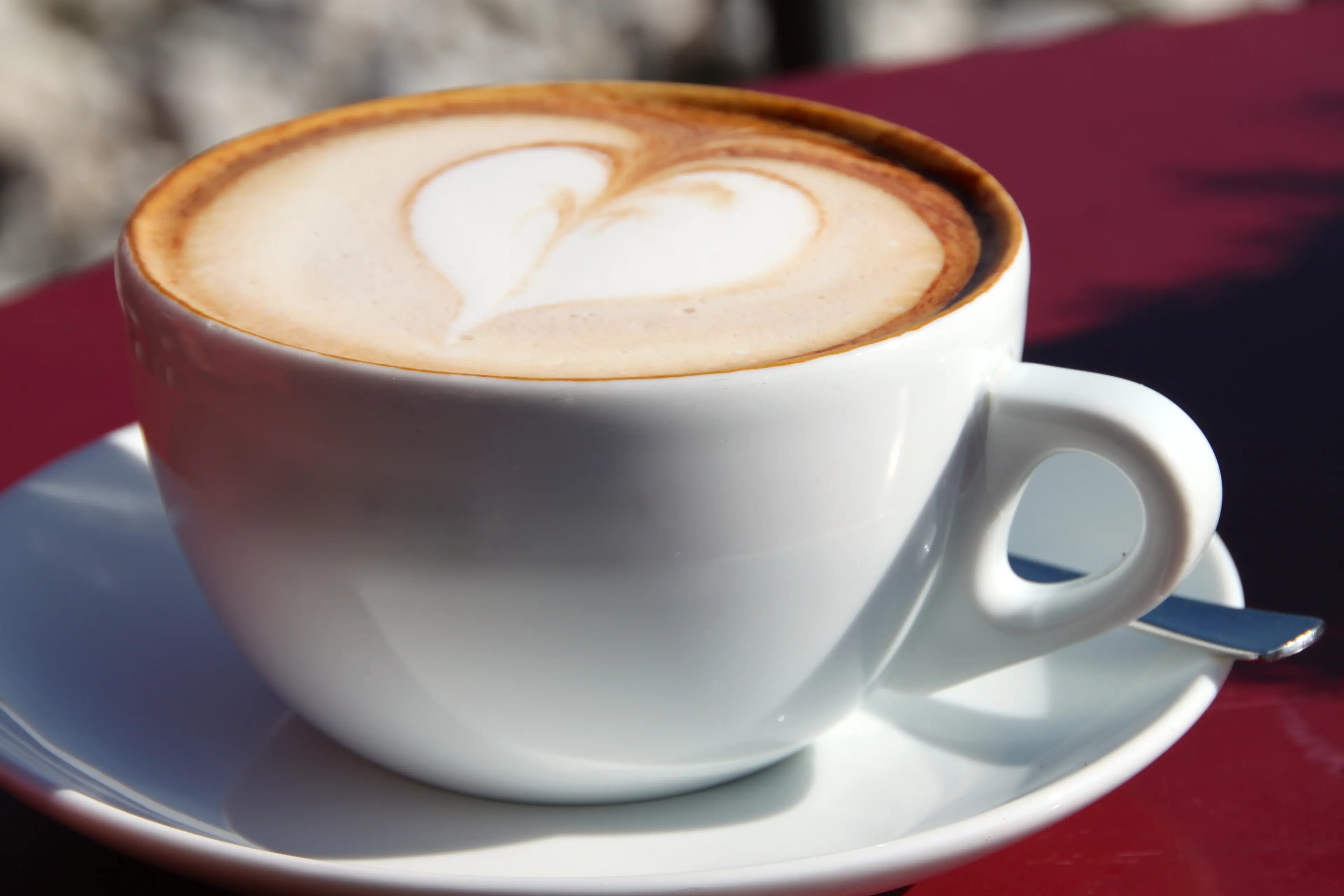
Melange
Melange is a traditional Viennese coffee, similar to a cappuccino. It's a blend of frothed milk and coffee, often served with a glass of water.
Best time to visit
The best time to visit Vienna, Austria is typically during the spring and fall, specifically April through June, and September through October. During these periods, the weather is generally pleasant and the city is less crowded compared to the peak summer months. However, if you enjoy festive atmospheres, December is also a great time to visit as Vienna is famous for its enchanting Christmas markets.
How to get around
Vienna U-Bahn
Vienna's underground railway system, the U-Bahn, is a fast and efficient way to get around the city. It consists of five lines (U1, U2, U3, U4, and U6) that cover most of the city's major attractions.
Vienna S-Bahn
The S-Bahn is a suburban train system that connects Vienna with its surrounding areas. It's a great option if you're planning to visit destinations outside the city center.
Tram
Vienna has an extensive tram network, which is a great way to see the city at a slower pace. The Ringstrasse Tram, in particular, offers a scenic route around the city's historic center.
Bus
Buses in Vienna are primarily used to cover areas not reached by the U-Bahn or tram. The city's night bus service, Nightline, operates after the U-Bahn and trams have stopped running.
Citybike Vienna
Citybike Vienna is a bike-sharing program that allows you to rent bikes for short trips around the city. There are numerous bike stations located throughout Vienna.
Taxi
Taxis are readily available in Vienna and can be hailed on the street, booked by phone, or picked up from designated taxi stands.
Ridesharing
Ridesharing services, such as Uber, are available in Vienna. This can be a convenient option for getting around, especially if you're traveling in a group or have a lot of luggage.
Walk
Vienna's city center is compact and pedestrian-friendly, making walking an enjoyable and practical way to get around. Many of the city's major attractions are within easy walking distance of each other.
Boat
Vienna is located on the Danube River, and there are several boat services that offer river cruises. This can be a scenic and relaxing way to see the city.
Car Rental
While driving in Vienna is not recommended due to the excellent public transportation and heavy traffic, car rental services are available for those who prefer to drive.
Important information
Currency€ EUR
Time zoneUTC+1
Driving sideRight
Emergency phone112, 122
Drinking waterYes
Power sockets
Voltage230 V
Things to know about Vienna, Austria as a first time visitor
1
Vienna is the capital and largest city of Austria.
2
The official language is German, but many locals also speak English.
3
The currency used in Vienna is the Euro (€).
4
Credit cards are widely accepted, but it's always a good idea to carry some cash for smaller establishments or street vendors.
5
Vienna has a temperate continental climate. Summers (June to August) can be warm to hot with temperatures from 68°F to 86°F (20°C to 30°C). Winters (December to February) can be cold with temperatures from 23°F to 37°F (-5°C to 3°C).
6
Tipping is customary in Vienna. It's common to round up the bill in restaurants or to tip taxi drivers around 10%.
7
Public transportation in Vienna is excellent. The city has a comprehensive network of trains, trams, and buses.
8
Vienna is known for its coffee culture. Be sure to try a traditional Viennese coffee in one of the city's many coffee houses.
9
Vienna is a very safe city, but like any major city, it's always important to stay aware of your surroundings and keep an eye on your belongings.
10
If you're planning to visit museums, consider getting a Vienna Card which offers unlimited travel on public transport and discounts at many attractions.
11
Vienna is a very walkable city with many pedestrian zones in the city center.
12
The city is also very bike-friendly with numerous bike paths and bike rental services.
13
Vienna is known for its music scene, particularly classical music. Consider attending a concert or opera performance.
14
Smoking is banned in all enclosed public spaces, including bars and restaurants.
15
Vienna has a vibrant nightlife with many bars, clubs, and late-night eateries.
16
The city is known for its pastries. Don't miss trying a traditional Sachertorte or Apfelstrudel.
17
Vienna has a large number of parks and green spaces. The Prater and the Vienna Woods are particularly popular.
18
The city has a strong tradition of wine production. Be sure to try a glass of Viennese wine.
19
Vienna has a range of accommodation options to suit different budgets, from luxury hotels to budget hostels.
20
Most shops in Vienna are closed on Sundays, with the exception of some tourist shops and shops at train stations and airports.
Basic German to know as a first time visitor
English phrase | Native phrase | Pronunciation | When to use it |
|---|---|---|---|
Hello | Hallo | ha-lo | Greeting someone |
Goodbye | Auf Wiedersehen | owf vee-der-zayn | Leaving or saying goodbye |
Please | Bitte | bit-te | Making a request |
Thank you | Danke | dahn-ke | Showing appreciation |
Yes | Ja | ya | Agreeing or confirming |
No | Nein | nine | Disagreeing or denying |
Excuse me | Entschuldigung | ent-shool-dee-goong | Getting attention or apologizing |
I don't understand | Ich verstehe nicht | ish ver-stay-he nickt | When you don't understand something |
Do you speak English? | Sprechen Sie Englisch? | shprek-en zee eng-lish | Asking if someone speaks English |
I'm lost | Ich habe mich verlaufen | ish ha-be mish ver-low-fen | When you are lost |
Where is the bathroom? | Wo ist die Toilette? | vo ist dee toy-let-te | Asking for the bathroom |
Help | Hilfe | hil-fe | When you need assistance |
Call the police | Rufen Sie die Polizei | roof-en zee dee po-lee-tzai | In case of an emergency |
I need a doctor | Ich brauche einen Arzt | ish brow-he i-nen artst | When you need medical assistance |
Can I use my credit card? | Kann ich meine Kreditkarte verwenden? | kan ish mine kredit-karte ver-ven-den | When you want to pay with credit card |
How much does it cost? | Wie viel kostet das? | vee feel kos-tet das | Asking for the price |
Open | Offen | of-fen | When you want to know if a place is open |
Closed | Geschlossen | ge-shlos-sen | When you want to know if a place is closed |
I would like to order | Ich möchte bestellen | ish moch-te bestel-len | When you want to order something |
Cheers | Prost | prost | When you are toasting with drinks |
Packing List
Clothing
Underwear
Socks
T-shirts
Pants/Jeans
Comfortable walking shoes
Pajamas
Sweater or jacket (depending on the season)
Scarf, gloves and hat (if winter)
Raincoat or umbrella
Toiletries
Toothbrush and toothpaste
Deodorant
Shampoo and conditioner
Body wash or soap
Razor and shaving cream
Makeup and makeup remover
Hand sanitizer
Travel-sized first aid kit
Prescription medications
Sunscreen
Travel documents and essentials
Passport
Driver's license or ID card
Credit and debit cards
Cash and coins
Travel insurance documents
Hotel and transportation reservation confirmations
Emergency contacts and addresses
Map of Vienna
Electronics and gadgets
Smartphone
Charger and adapter
Headphones
Camera
Laptop or tablet (if needed)
E-reader or books
Miscellaneous items
Travel pillow and blanket
Snacks
Water bottle
Travel guidebook for Vienna
Notebook and pen
Reusable shopping bag
Lock for luggage
Weather Conditions
Vienna, Austria, is a city that experiences a full range of seasons, so it's essential to pack accordingly based on the time of your visit. During the winter months (December to February), Vienna can be quite cold, with temperatures often dropping to around 32°F (0°C). Snowfall is common, so pack warm clothing, including a heavy coat, scarves, gloves, and boots. Despite the cold, winter can be a magical time to visit Vienna, especially during the Christmas markets. Spring (March to May) and fall (September to November) are generally mild, with temperatures ranging from 50°F to 70°F (10°C to 21°C). These seasons are perfect for sightseeing, as the weather is comfortable. Pack layers, as mornings and evenings can be cooler. Summer (June to August) in Vienna can be quite warm, with temperatures often reaching up to 80°F (27°C). It's a great time to explore the city's parks and outdoor attractions. Pack light clothing, but also include a light jacket or sweater for cooler evenings. Regardless of the season, it's always a good idea to pack an umbrella or raincoat, as Vienna can experience rain throughout the year. Also, don't forget to check the weather forecast before your trip to make any necessary adjustments to your packing list. Remember, weather can be unpredictable, so it's always best to be prepared for a variety of conditions. Enjoy your trip to Vienna!
| Month | Hi / Lo (°C) | Weather Overview |
|---|---|---|
January | 4° / -3° | January is the coldest month in Vienna, with temperatures often dropping below freezing. Snowfall is common, so pack warm clothing and enjoy the winter wonderland. |
February | 6° / -2° | February is still cold with occasional snowfall. The city's architecture looks beautiful under a dusting of snow, making it a picturesque time to visit. |
March | 11° / 1° | March sees the start of spring with temperatures gradually rising. It's a good time to visit if you prefer less crowded tourist spots. |
April | 16° / 5° | April is a pleasant month with mild temperatures. The city's parks and gardens start to bloom, offering beautiful landscapes. |
May | 21° / 9° | May brings warm temperatures and the city comes alive with outdoor activities. It's a great time to explore Vienna's outdoor attractions. |
June | 25° / 13° | June marks the start of summer with long, sunny days. It's the perfect time for sightseeing and enjoying Vienna's vibrant café culture. |
July | 27° / 15° | July is the hottest month in Vienna. It's a great time to visit if you enjoy hot weather, just remember to stay hydrated. |
August | 27° / 15° | August is equally hot as July with plenty of sunshine. It's a great time to enjoy outdoor concerts and festivals. |
September | 21° / 11° | September sees the start of autumn with mild temperatures. The city's parks and gardens are beautifully colored, making it a picturesque time to visit. |
October | 16° / 6° | October is a cool month with the leaves changing color. It's a good time to visit museums and indoor attractions. |
November | 10° / 2° | November is a chilly month with shorter days. It's a good time to explore Vienna's historic sites and Christmas markets. |
December | 5° / -1° | December is a cold month with occasional snowfall. The city is beautifully lit up for Christmas, making it a magical time to visit. |
Did you know?
Places near by Vienna, Austria

Melk Abbey
A stunning Baroque abbey located on a rock overlooking the Danube river.

Bratislava Castle
A massive rectangular building with four corner towers stands on an isolated rocky hill of the Little Carpathians directly above the Danube river.

Schloss Hof
A palace complex that offers a unique combination of baroque art and nature.

Krems an der Donau
A town known for its wine production and beautiful old town.

Neusiedler See
The largest endorheic lake in Central Europe, offering a unique blend of nature and culture.

Burgenland Wine Region
A region known for its wine production, offering wine tasting tours and beautiful landscapes.

Grüner See
A lake that is famous for its vibrant emerald-green water and scenic hiking trails.

Salzburg
The city of Mozart, known for its beautiful old town and the Salzburg Festival.

Prague
The capital of the Czech Republic, known for its rich history, stunning architecture and the famous Charles Bridge.

Budapest
The capital of Hungary, known for its thermal baths, the Parliament building and the Chain Bridge.
